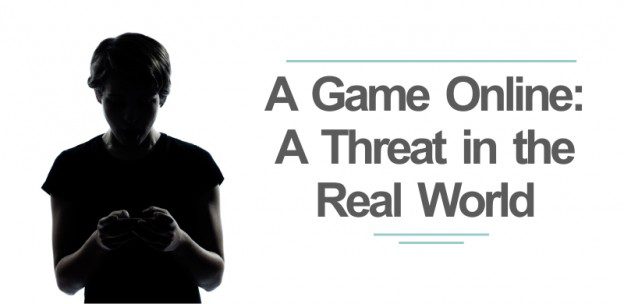![]()
Online games have become quite the rage now. Millions of youngsters, especially teenagers are getting addicted and consequently becoming more and more isolated and aloof from reality.
Recently, as you all must be aware, a game or rather a social media phenomenon known as the Blue Whale or the Blue Whale Challenge has been in the news. Governments and police in many countries have been investigating to gather proof of its links to many cases of teenage suicides. A boy in Mumbai and another in Kerala have been the latest victims. This game has been so devised by its Russian creator that 50 tasks have to be performed in 50 days and photos posted online as proof of completion. Each task is worse than the other and the final challenge is to say goodbye to the world…i.e. commit suicide.
Parents have been warned of the dangers of their children falling victims to this game. Teenagers who are isolated from family and friends and have lost a sense of connect with the world are easy targets. Once caught in the trap, they cannot opt out. Threats of grievous harm to the players and their families prevent gamers from leaving the game before it ends. Watching horror movies and self cutting are among the vile acts that are part of the different levels of this vicious game.
How to identify the victims:
I strongly advise parents to watch out for many or all of these tell tale signs such as a teenager spending too much time isolated and away from company, playing online games excessively, using the internet continuously, being non communicative and secretive, not participating in celebrations and happenings at home, lack of interest in studies, dropping grades, keeping away from outdoor games and trips, mood swings, change in behaviour and habits, irritability…
Parents on the alert:
Parents have an important role to play. It isn’t really easy to wean teenagers away from a game which has an almost hypnotic effect. Warnings, arguments and stern measures such as not talking to the child or cutting off pocket money or grounding her/him could produce a counter effect and may actually see the child rebelling or becoming even more drawn to the game.
How to help:
Approach the issue sensitively, talk to the child, find out which level has been reached, reason it out, have more ‘together’ family time, involve a trained and experienced counsellor for additional support, reassure the child that the entire family is with her/him, some yoga and meditation sessions too might alleviate the matter and once the child’s confidence is gained, approach people (doctors, lawyers, police) who can help.
It may not always be an addiction to the Blue Whale game that may keep children distanced from family and friends. However, there is no substitute for vigilance! It is imperative for the well being of our children.


 GROUP
GROUP